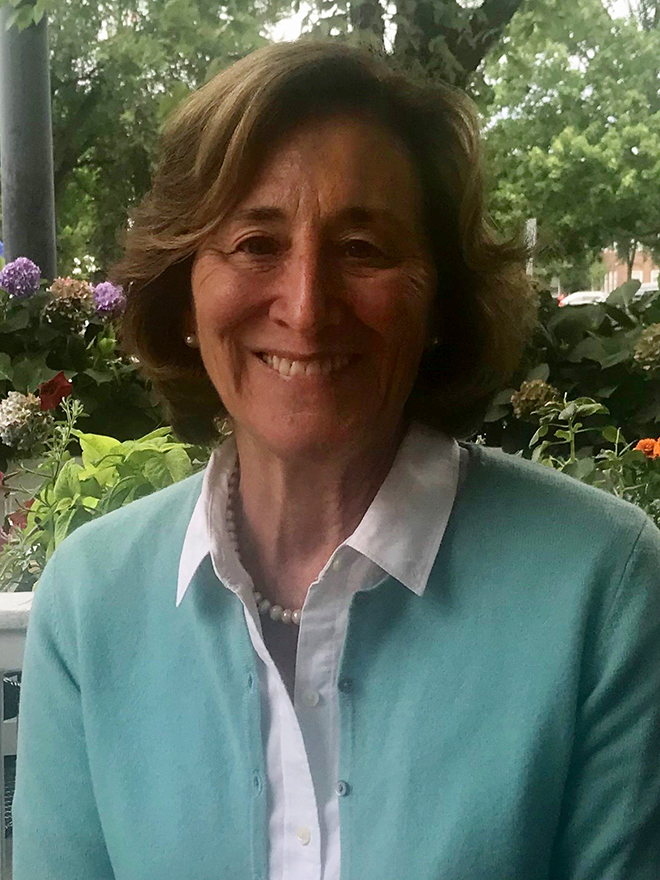
In Ghana, a group of women are running powerful educational programs that have collectively served over 55,000 women, children and families. Although these organizations are independent of one another, they share a powerful bond: each of those 10 women is a fellow at Empowered to Educate, a new non-governmental organization founded by Constance Fairweather Kane, PhD’85.
“Through Empower to Educate, we are working to remove obstacles to success that can face female innovators in education in local Ghanaian communities. This is done by providing mentors, micro grants and support networks with other local educators,” says Kane.
With the knowledge that investing in the education of girls is the single most effective way to ameliorate global poverty, based on her years of executive experience at human rights and international development organizations such as Oxfam America, World Education, the Unitarian Universalist Service Committee, and Pact, Inc., Kane decided to create her own program. She and her collaborators have created a circle of support for the fellows, based on the idea that supporting gender equity in educational leadership creates even more transformational possibilities.
The ten Empowered to Educate fellows are female early-career education professionals, some with faculty appointments, living and working in a variety of settings. For example, one fellow provides young mothers with sex education and contraceptives, as well as mentoring and scholarships so they can return to school. Another promotes inclusive education by bridging the gap between disabled and non-disabled individuals by teaching visually-impaired students how to use computers and smartphones. A third provides kindergarten and preschool services for children of Kayayei in Accra, female porters who physically transport goods to market.
The approach that Kane took in launching Empowered to Educate is indicative of her instincts to be an inclusive leader. “After extensive conversations with a team of advisors, and the experience born out of lessons learned in years of building programs, we engaged in a collaborative design process whereby we traveled to Ghana and met with women innovators in education to co-design the program with them.” Now that the program is up and running the fellows provide feedback on a quarterly basis, creating continual improvements to the program which are invaluable now and for future expansion plans.
Similarly, as chair of the Heller School Board of Advisors, Kane brings a leadership style that invites dialogue with board members, creating an environment where members feel comfortable bringing ideas, experience, and energy in working with Dean David Weil and the Heller School senior leadership. Heller holds a special place for her, not just for the technical and academic education she received, but because it’s a community of people who are committed to social change and to supporting one another.
Kane’s recognition of the power of cooperative networks is a tip she wants to share with Heller students and alumni as they graduate. “You have the strength, leadership, and skills to do whatever you want to do, but don’t try to go it alone. Don’t forget your friends and your network from Heller. And don’t be afraid to ask for help; nine out of ten people will say ‘yes.’ And after they have helped, don’t forget to say ‘thank you!’”
